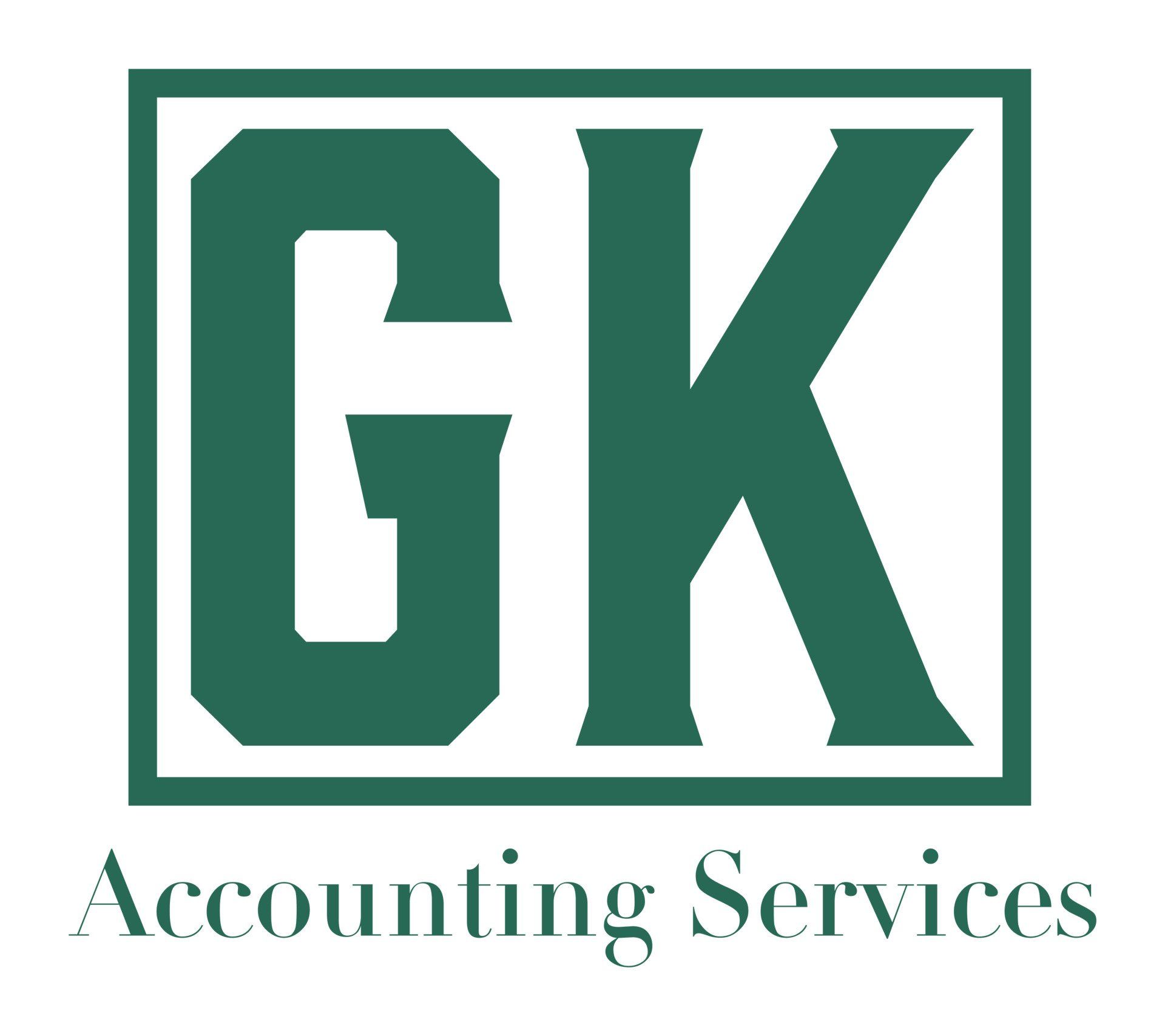Restarting a Dormant Company
How can a Dormant Company come back to life?
If you are planning to restart a dormant company, it's crucial to follow specific steps to ensure compliance with both HMRC and Companies House requirements. Here’s a simplified guide to help you navigate the process:
1. Inform HMRC
- Register for Corporation Tax: Notify HMRC that your company has resumed trading. This involves registering for Corporation Tax. You can do this online through the HMRC website.
- Provide Relevant Information: Ensure you provide the necessary details about the company's restart and its business activities.
2. Send Accounts to Companies House
- Prepare and Submit Accounts: You must prepare and submit annual accounts to Companies House within 9 months of your company’s year-end. These accounts should reflect the company's trading activities.
- File Accounts on Time: Ensure that your accounts are filed on time to avoid penalties. If your company’s year-end has changed, make sure you adjust the filing dates accordingly.
3. Pay Corporation Tax
- Calculate and Pay Tax: Calculate any Corporation Tax due based on the company's trading profits. Payment must be made within 9 months and 1 day of the company’s year-end.
- Set Up Payment: Arrange for the payment to be made through HMRC’s payment methods, ensuring it's completed within the deadline to avoid interest and penalties.
4. Submit a Company Tax Return
- Prepare and File Tax Return: File a Company Tax Return to HMRC within 12 months of your company’s year-end. The return must include full statutory accounts and reflect the trading activities of the company.
- Keep Records: Maintain accurate records of your company’s financial transactions to support your tax return.
Ongoing Compliance for Dormant and Trading Companies
- Dormant Company Compliance: Even when dormant, a company must continue to file annual confirmation statements and maintain its registration with Companies House.
- Restarting Costs: Restarting a dormant company typically incurs lower costs compared to forming a new company, but be aware of the costs associated with accounting and compliance.
- Accounting Period Reset: Note that the Corporation Tax accounting period will be reset to align with when trading resumes. This could affect the periods covered by your tax returns and payment deadlines.
Additional Considerations
- Director's Duties: Ensure that all company directors are aware of their responsibilities and duties under company law, including maintaining accurate records and ensuring compliance.
- Review Articles of Association: If there have been changes in the nature of the company’s business, review and update the company’s articles of association if necessary.
- Professional Advice: Consider consulting with a tax advisor or accountant to ensure all aspects of the company's restart are handled correctly and efficiently.
Summary
Restarting a dormant company involves notifying HMRC, submitting updated accounts to Companies House, paying any due Corporation Tax, and filing a Company Tax Return. Ensure all compliance requirements are met, and keep track of deadlines to avoid penalties. While restarting is generally cheaper than forming a new company, proper planning and adherence to legal obligations are crucial for a smooth transition back into trading.





